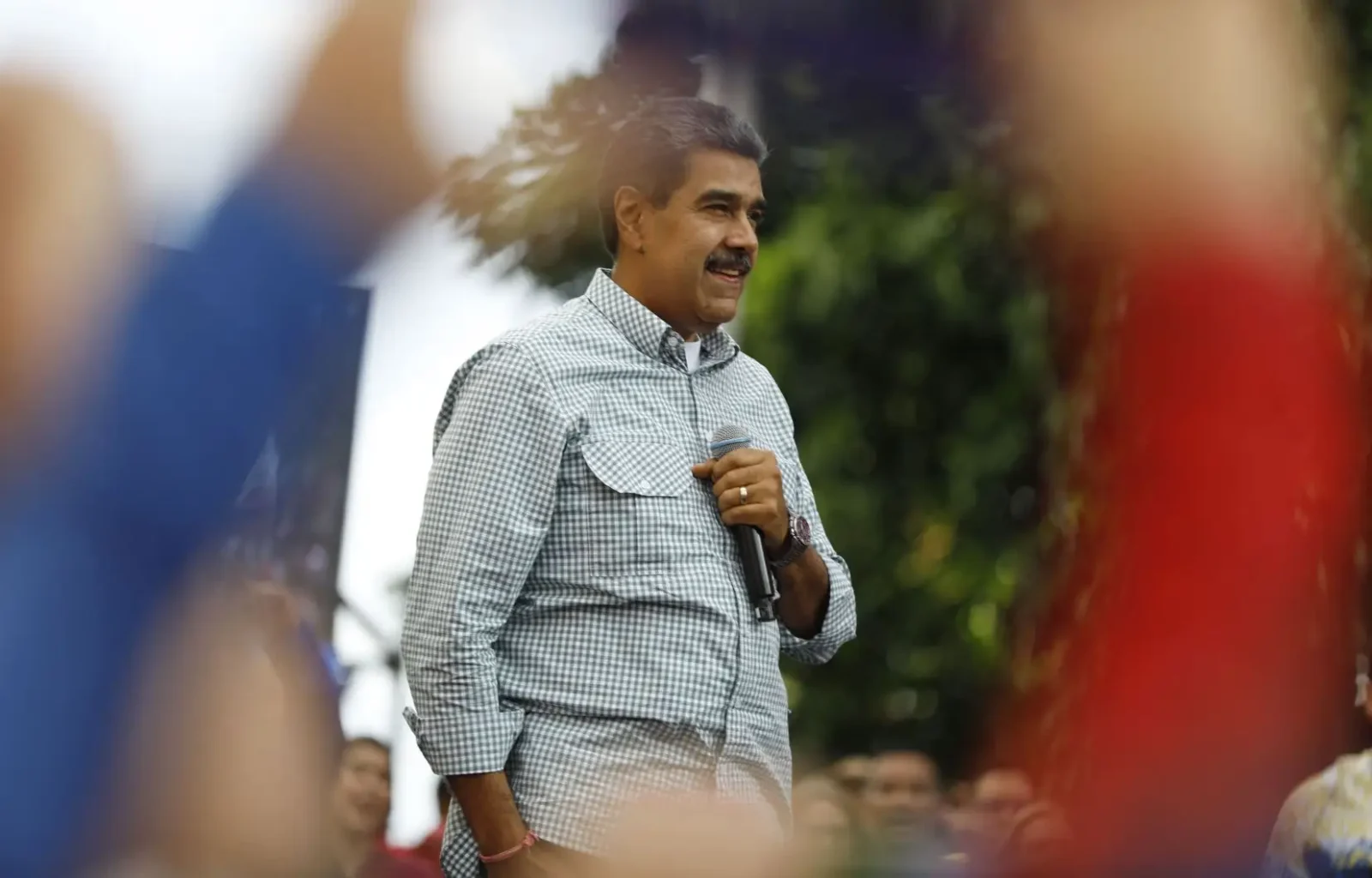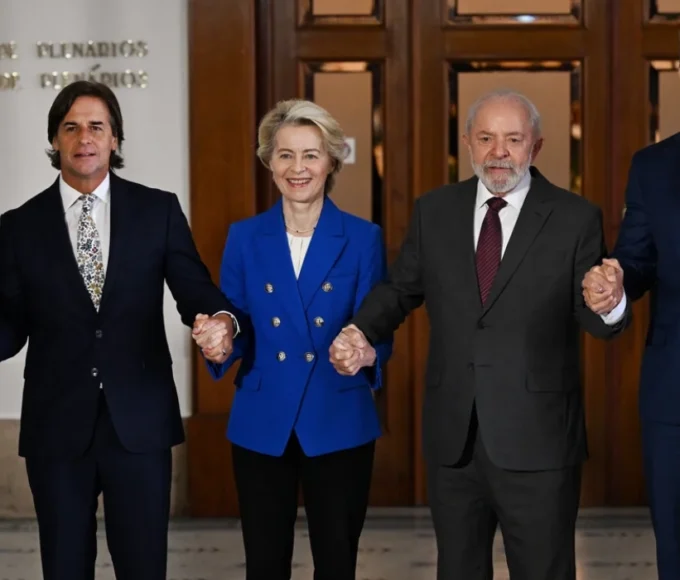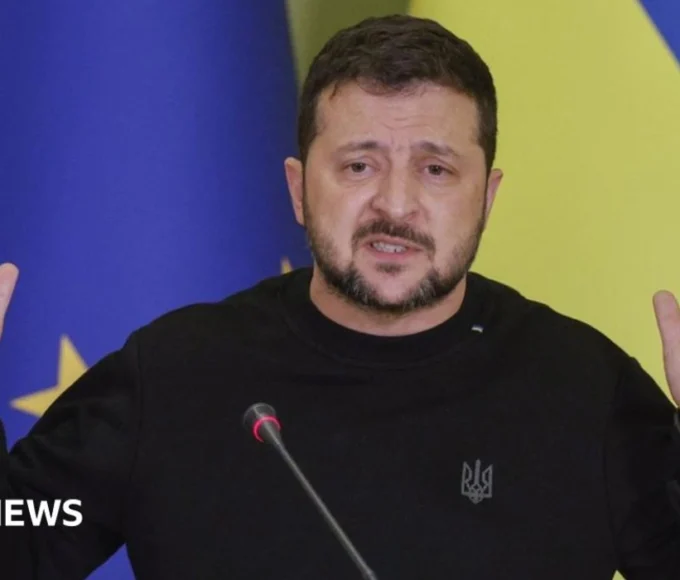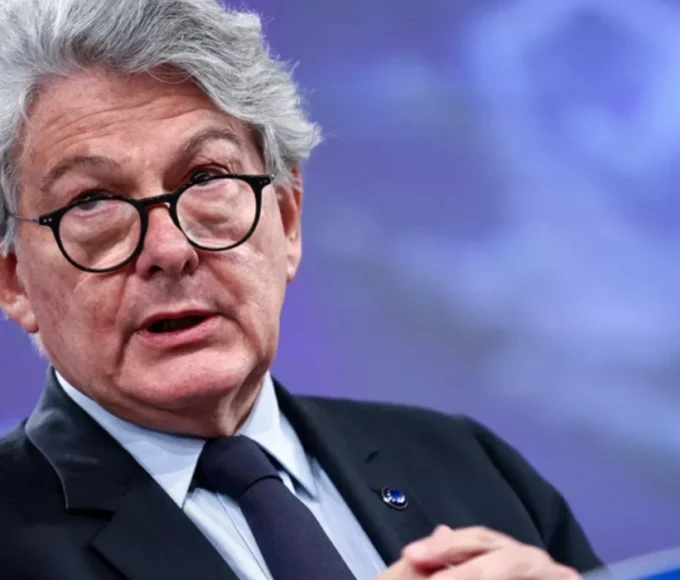The European Union (EU) does not recognise the “democratic legitimacy” of Venezuelan President Nicolas Maduro after his re-election in July, the EU’s foreign policy chief, Josep Borrell, announced on Thursday.
Maduro “will continue to be president, yes, de facto. But we do not recognise democratic legitimacy based on [election] results that cannot be verified,” Borrell said after an informal meeting of EU foreign ministers in Brussels.
Asked what such a decision meant, Borrell acknowledged that the EU would continue to have relations with Maduro’s Venezuela, as it does with other countries whose leaders it also does not recognise as having democratic legitimacy, such as Nicaragua, he said.
“In diplomatic life, we do not recognize governments, but states,” he recalled.
The heads of diplomacy of the 27 took this decision after hearing the leader of the opposition in Venezuela, Edmundo Gonzalez Urrutia, who reported, by videoconference, on the political situation in his country after the presidential election of July 28.
The Venezuelan prosecutor’s office summoned him for the third time on Friday, warning him that an “arrest warrant” would be issued against him if he did not show up, according to the summons issued Thursday by the prosecutor.
Mr. Gonzalez Urrutia, who claims victory in this presidential election, ignored the two previous summonses.
“The situation in Venezuela is critical. So we invited the candidate who obtained results showing that [President Nicolas] Maduro did not win this election,” Mr. Borrell had declared shortly before the start of this meeting.
A former ambassador, now 74, Mr. Gonzalez Urrutia has not appeared in public since July 30.
Nicolas Maduro, whose victory was validated by the Supreme Court on August 22, was declared the winner with 52% of the vote by the National Electoral Council, which has not, however, released the polling station reports, saying it was the victim of computer hacking.
The opposition, for its part, considers that its candidate obtained 60% of the votes.
This article is originally published on ledevoir.com








